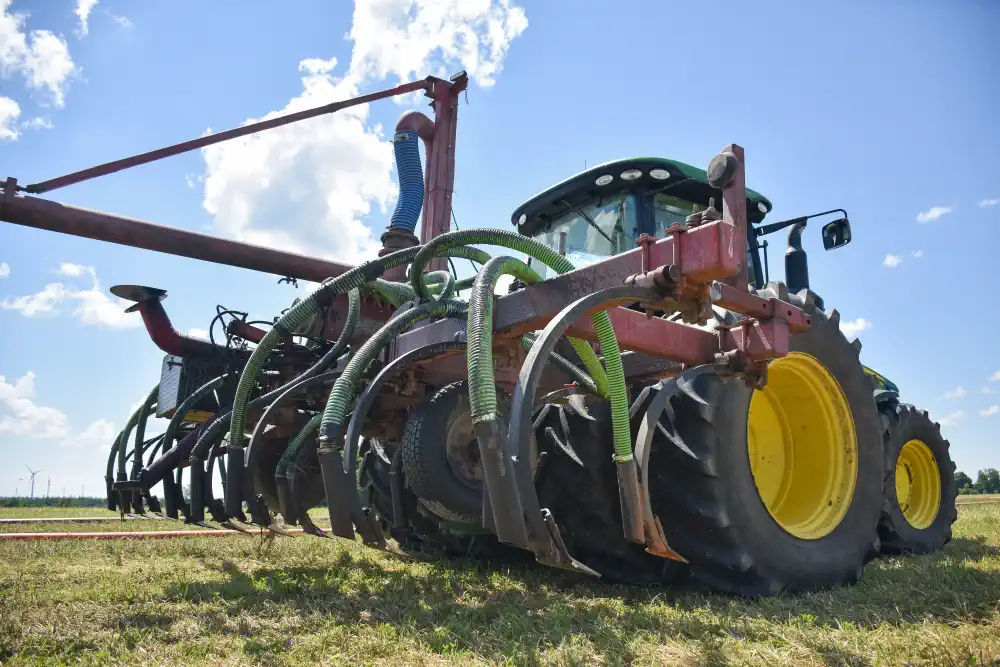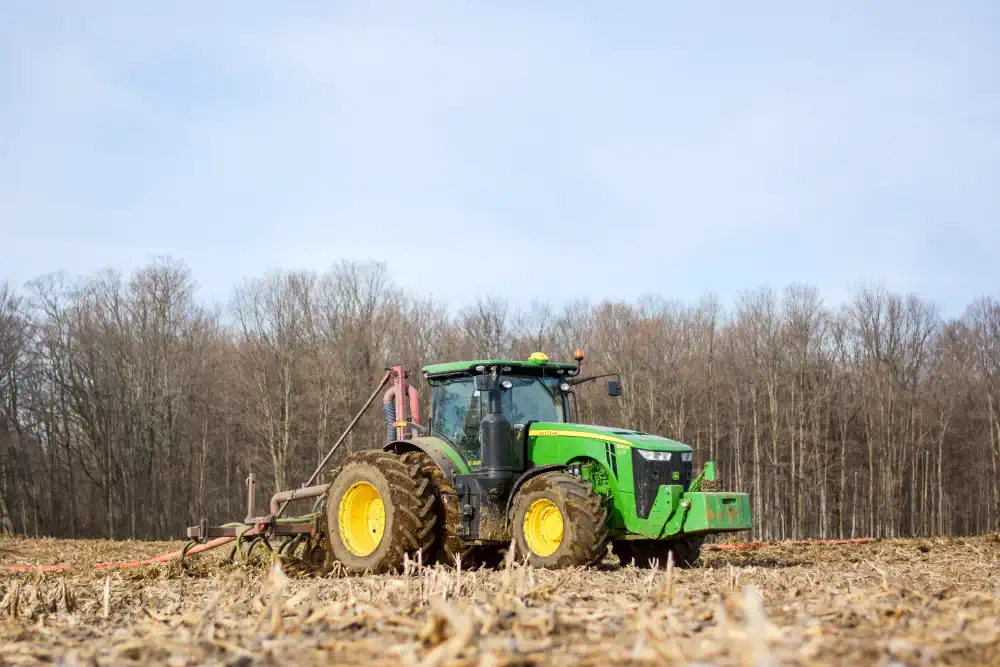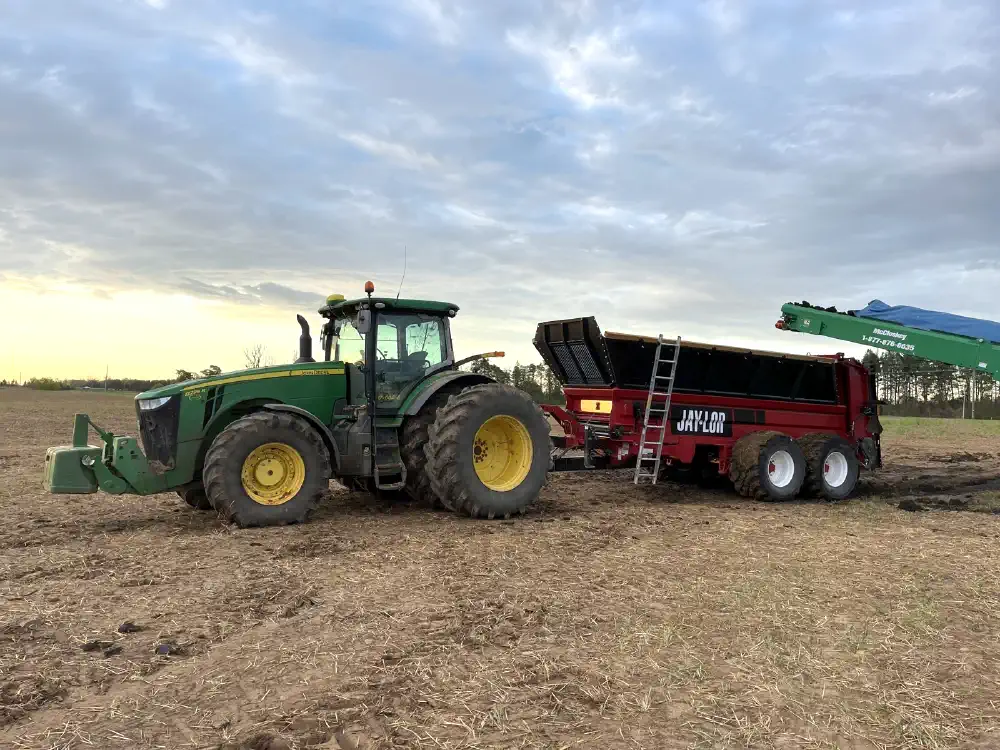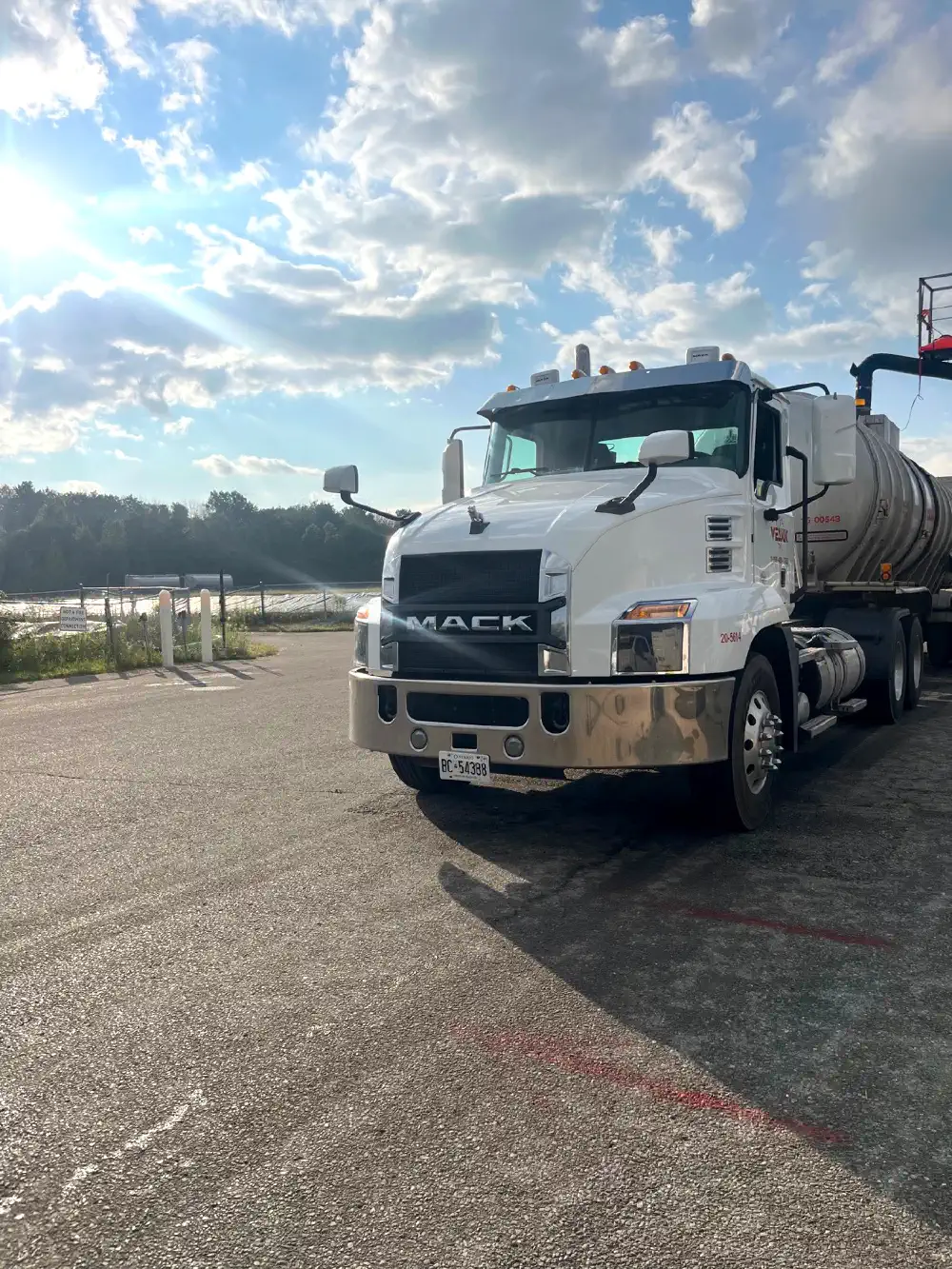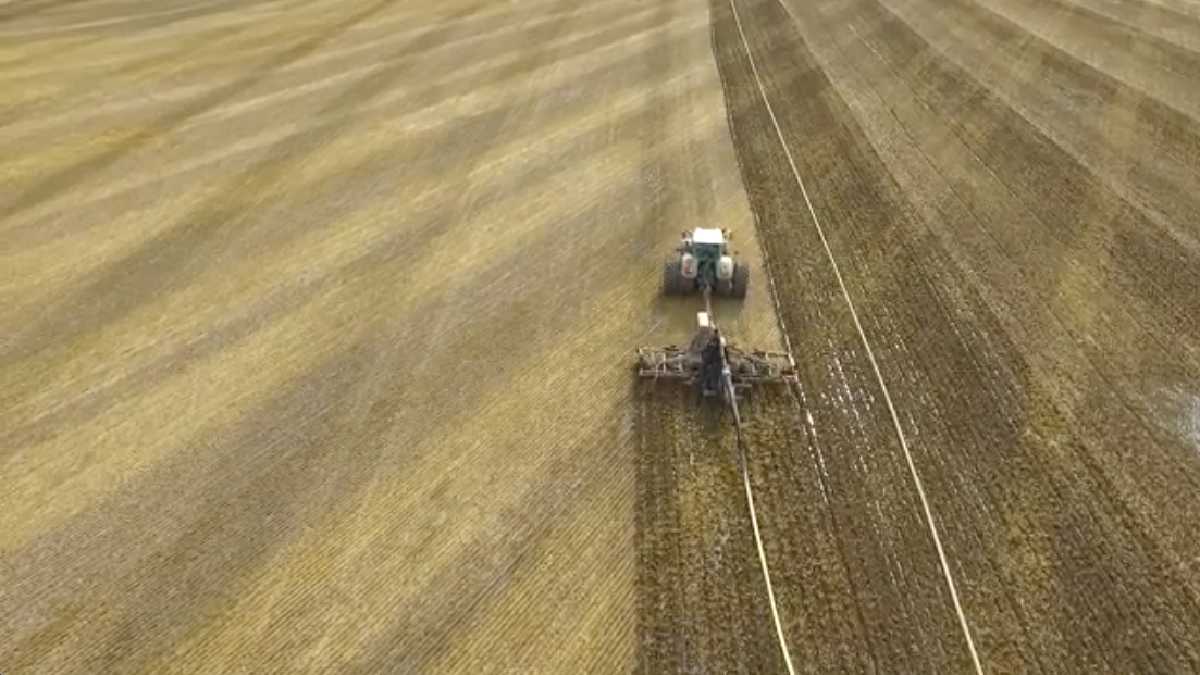Biosolids land application.
Spreading nutrients like biosolids, fertilizer, or manure on agricultural land may seem like a simple task, but it requires careful planning. Farmers must consider the specific needs of their crops, ensuring they get the right amount of nutrients for healthy growth. Additionally, it’s important to think about the environment, as improper application can lead to pollution in nearby water sources. Timing is also crucial; applying nutrients at the right moment can make a big difference in how well crops absorb them. This approach is often referred to as the “4 Rs”: the right source, the right rate, the right time, and the right place.
 +1 519 752 0837
+1 519 752 0837

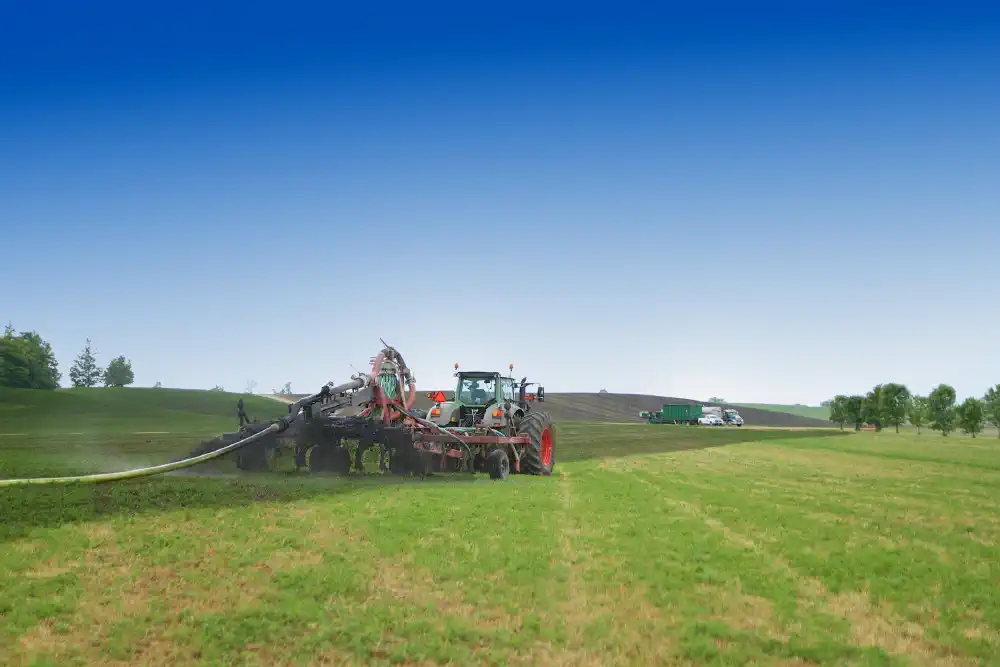
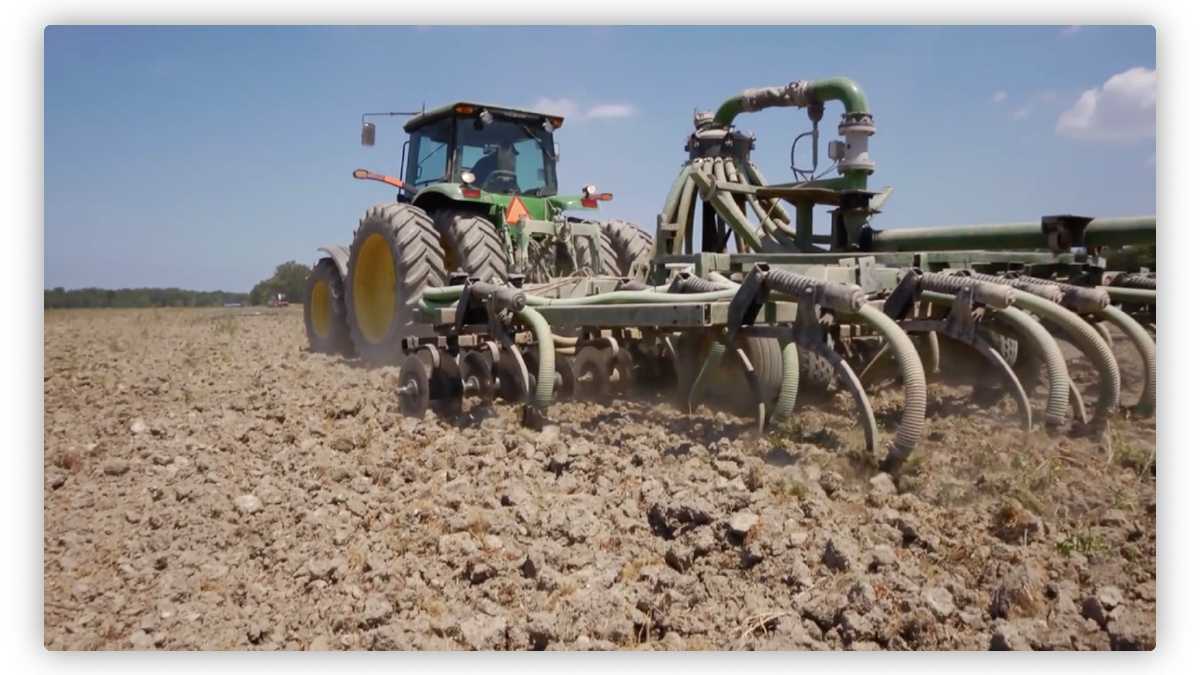
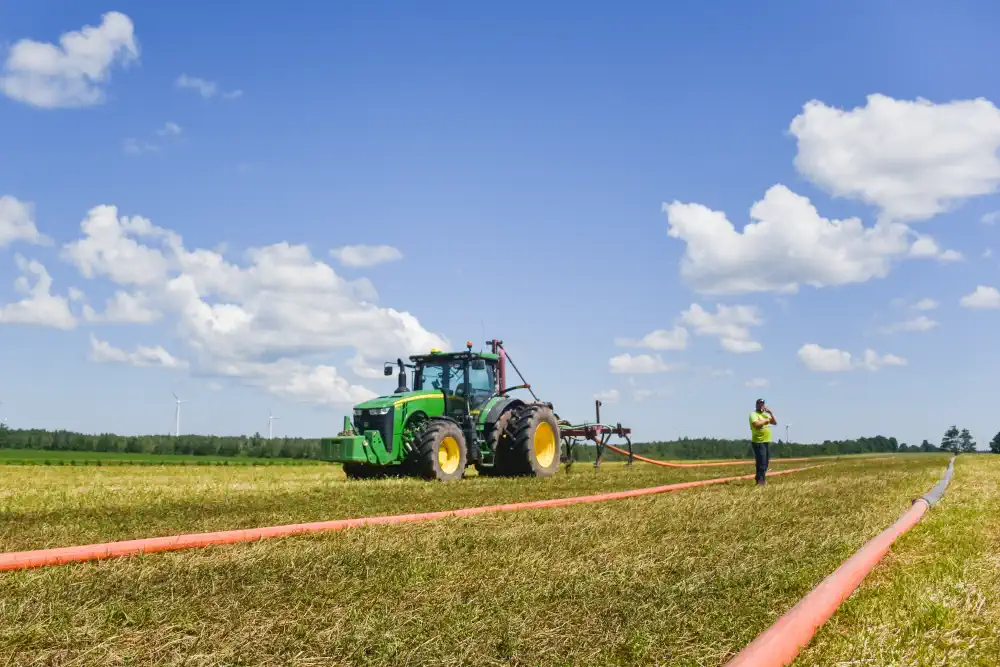

 The application rate is recoded on a GPS system and is easily transferred to a computer for the printing of maps, boundaries, flags, and additional reports. Wessuc may then provide this information to the farmer, who if capable can use thegps electronic file as input into their combine's GPS unit for yield monitoring and nutrient application comparisons.
The application rate is recoded on a GPS system and is easily transferred to a computer for the printing of maps, boundaries, flags, and additional reports. Wessuc may then provide this information to the farmer, who if capable can use thegps electronic file as input into their combine's GPS unit for yield monitoring and nutrient application comparisons.